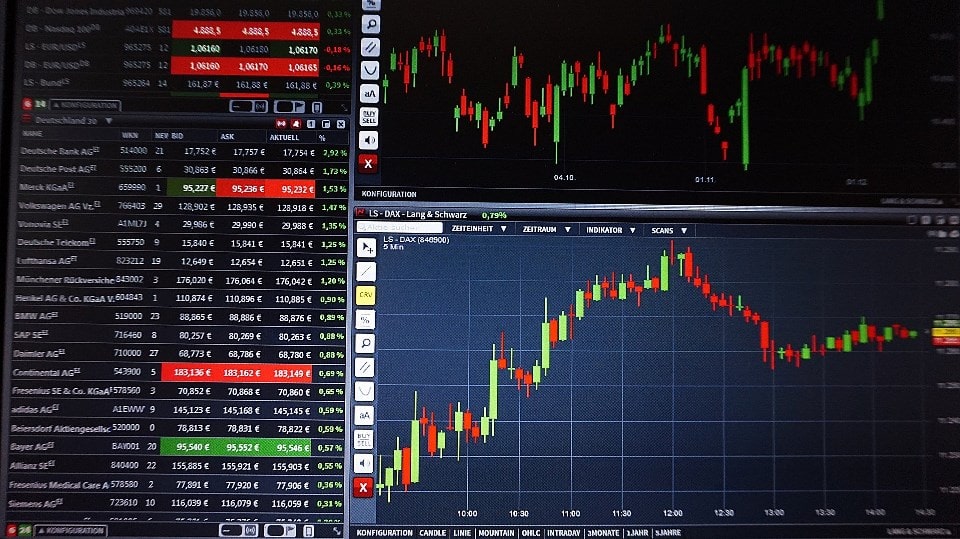Introduction
In the dynamic global tourism industry, currency fluctuations can significantly impact revenue streams for hotels. The Export Promotion Capital Goods (EPCG) scheme, introduced by the Government of India, empowers hotels with a unique advantage to mitigate foreign exchange risks and amplify financial resilience. This article delves into the intricacies of the EPCG scheme, exploring its multifaceted benefits for hotels and how it enhances their financial performance within the ever-evolving forex landscape.
Understanding the EPCG Scheme
The EPCG scheme is an export promotion initiative that permits duty-free import of capital goods for businesses involved in the production of goods or services for export. Hotels operating under this scheme can import eligible goods, such as room amenities, kitchen equipment, and energy-efficient lighting systems, without incurring customs duty, thereby reducing capital expenditure and improving cost efficiency.
How Hotels Benefit from Forex Exchange under the EPCG Scheme
The EPCG scheme offers a range of benefits that directly impact forex exchange operations for hotels.
1. Forex Exposure Mitigation
Hotels rely heavily on foreign currency earnings from international guests. Fluctuations in exchange rates can lead to revenue volatility and unpredictable cash flows. The EPCG scheme allows hotels to stabilize forex exposure by importing capital goods without paying customs duty, which reduces their dependence on foreign currency reserves and shields them from adverse exchange rate movements.
2. Cost Reduction and Operational Efficiency
The duty-free import of capital goods under the EPCG scheme significantly lowers procurement costs for hotels. This cost reduction can be reinvested in other operational areas, such as staff training, marketing, and technology upgrades, enhancing overall efficiency and improving guest experiences.
3. Export Performance Obligations
To avail the benefits of the EPCG scheme, hotels must meet certain export performance obligations. This requirement encourages hotels to increase their foreign exchange earnings, contributing to the growth of India’s export sector. By exporting services to international guests, hotels can diversify their revenue streams and reduce their reliance on domestic demand.
4. Import Duty Savings and Enhanced Financial Liquidity
The elimination of customs duty on capital goods imports under the EPCG scheme frees up financial resources for hotels. These savings can be allocated to other operational needs, including capital investments, marketing campaigns, or debt servicing. This improved liquidity enhances the hotel’s financial flexibility and resilience, enabling it to navigate economic challenges and pursue strategic initiatives.
5. Access to State-of-the-Art Technology
The EPCG scheme empowers hotels to import technologically advanced capital goods, ensuring access to the latest innovations in hospitality management. These advancements, such as energy-efficient lighting systems, automated check-in kiosks, and cloud-based property management systems, streamline operations, improve efficiency, and enhance the guest experience. By incorporating cutting-edge technology under the EPCG scheme, hotels can stay competitive in the global tourism market.
Conclusion
The EPCG scheme is an invaluable instrument for hotels operating in the dynamic foreign exchange landscape. By leveraging the benefits of the scheme, hotels can mitigate forex exposure, reduce procurement costs, enhance operational efficiency, improve export performance, and gain access to advanced technology. These advantages collectively strengthen the financial position of hotels, allowing them to navigate economic uncertainties, invest in growth, and deliver exceptional guest experiences. As the tourism industry continues to evolve, the EPCG scheme remains a powerful tool for hotels to thrive and stay competitive in the global marketplace.

Image: www.merchpechblog.pythonanywhere.com

Image: www.forex4you.com
Forex Exchange Beenfits To Hotels Epcg Scheme






